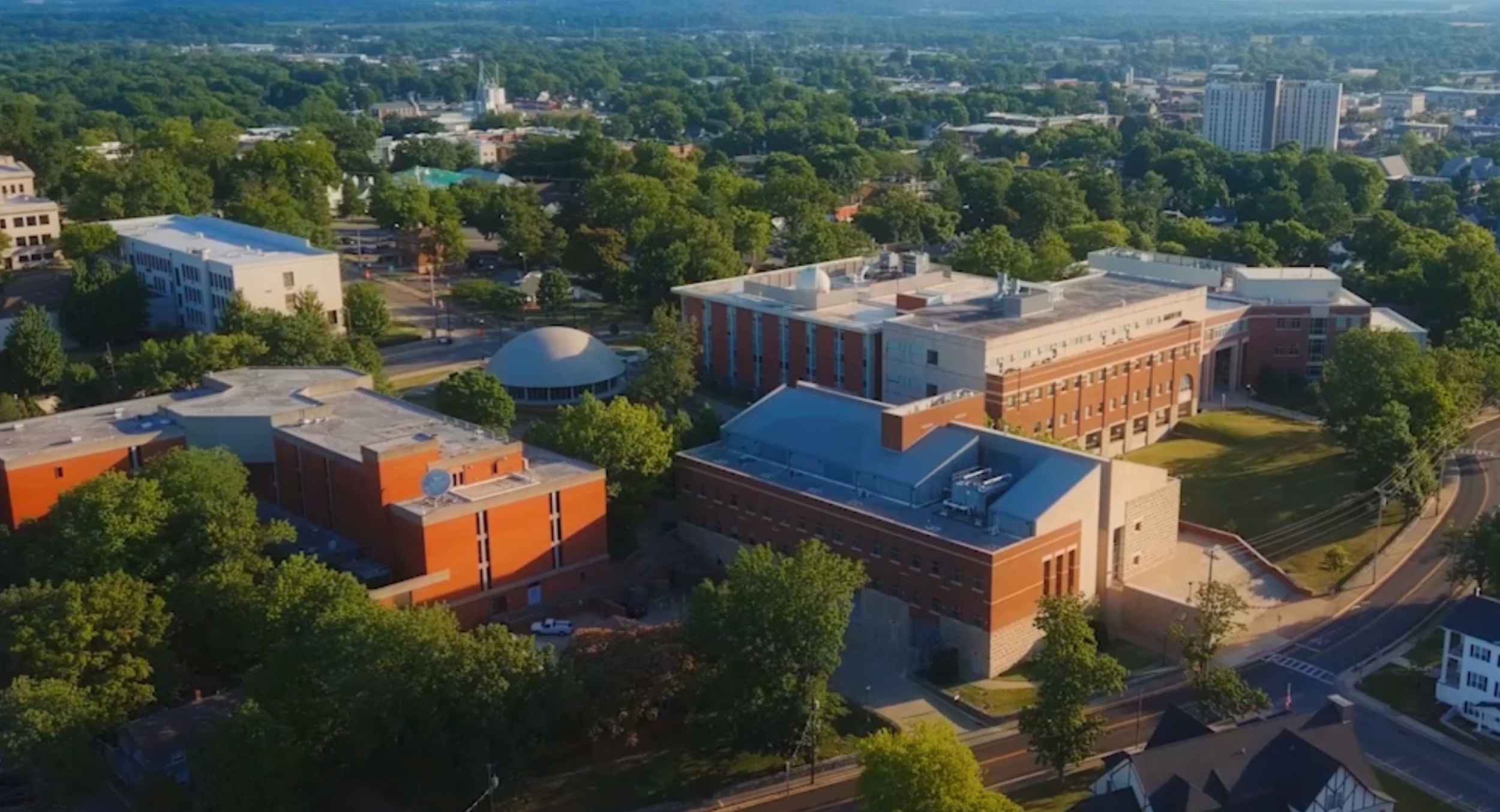
Mechanical Engineering
School of Engineering and Applied Sciences
Engineering the Future.
Mechanical Engineering transforms dreams to reality by applying engineering, physics, mathematics, and materials science principles to design, analyze, manufacture, and maintain mechanical systems.

Why Mechanical Engineering at WKU?
Western Kentucky University's Mechanical Engineering program offers small class sizes with an emphasis on applied research opportunities. Our project-based curriculum allows students to work on real-world problems while gaining the practical skills they will use in their careers.
WKU Mechanical Engineering is accredited by the Engineering Accreditation Commission of ABET, www.abet.org.
|
WKU Mechanical Engineering Program Educational Objectives Within a few years of completing the Mechanical Engineering Program a graduate will:
WKU Mechanical Engineering Student Outcomes Mechanical Engineering graduates have:
|
|
THE SCHOOL OF ENGINEERING AND APPLIED SCIENCES Bachelor of Science |

- Associate Professor, Mechanical Engineering, Program Coordinator
- morteza.nurcheshmeh@wku.edu
- EBS 2116
- 270-745-2473
WKU Mechanical Engineering is accredited by the Engineering Accreditation Commission of ABET, www.abet.org.
Some of the links on this page may require additional software to view.

